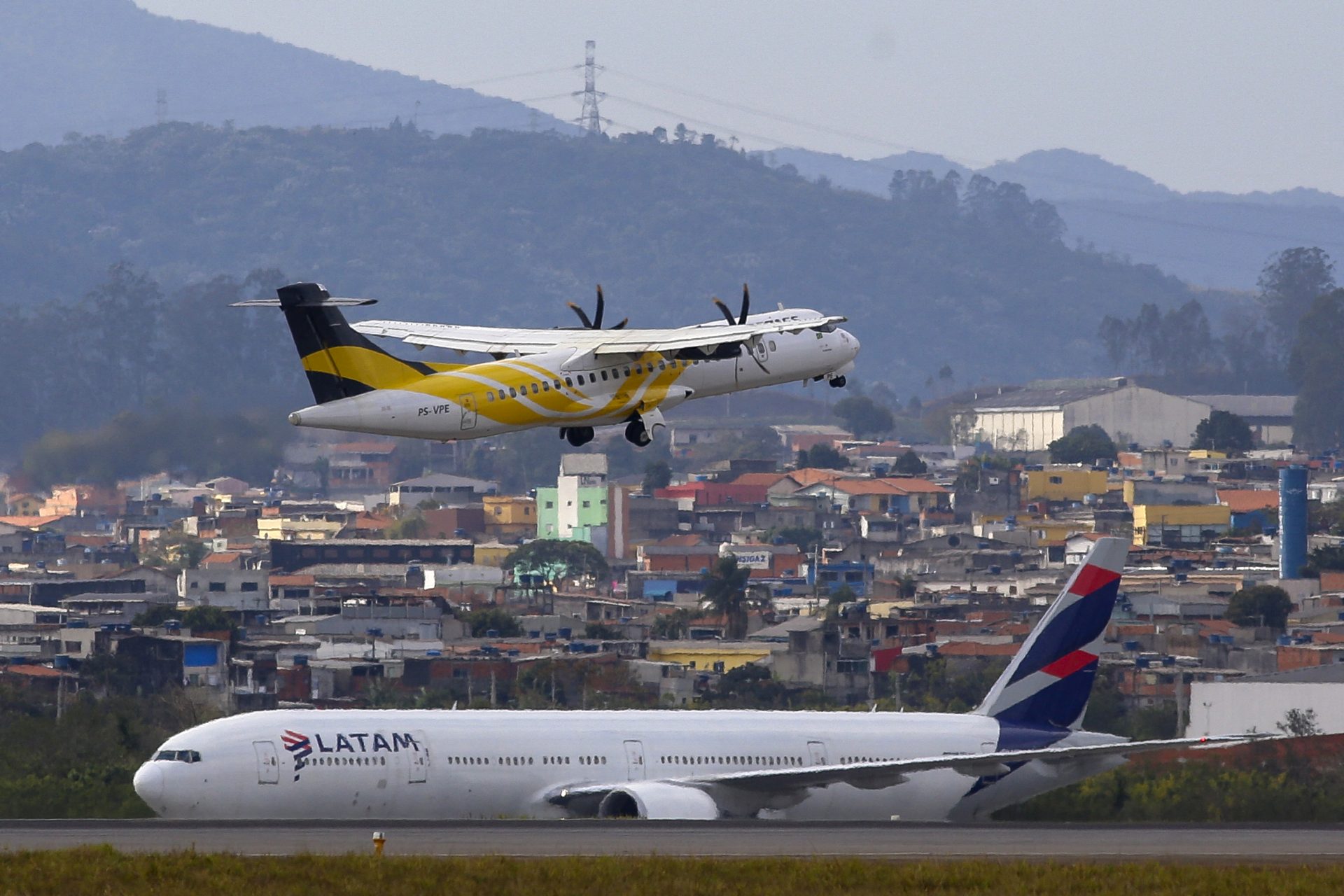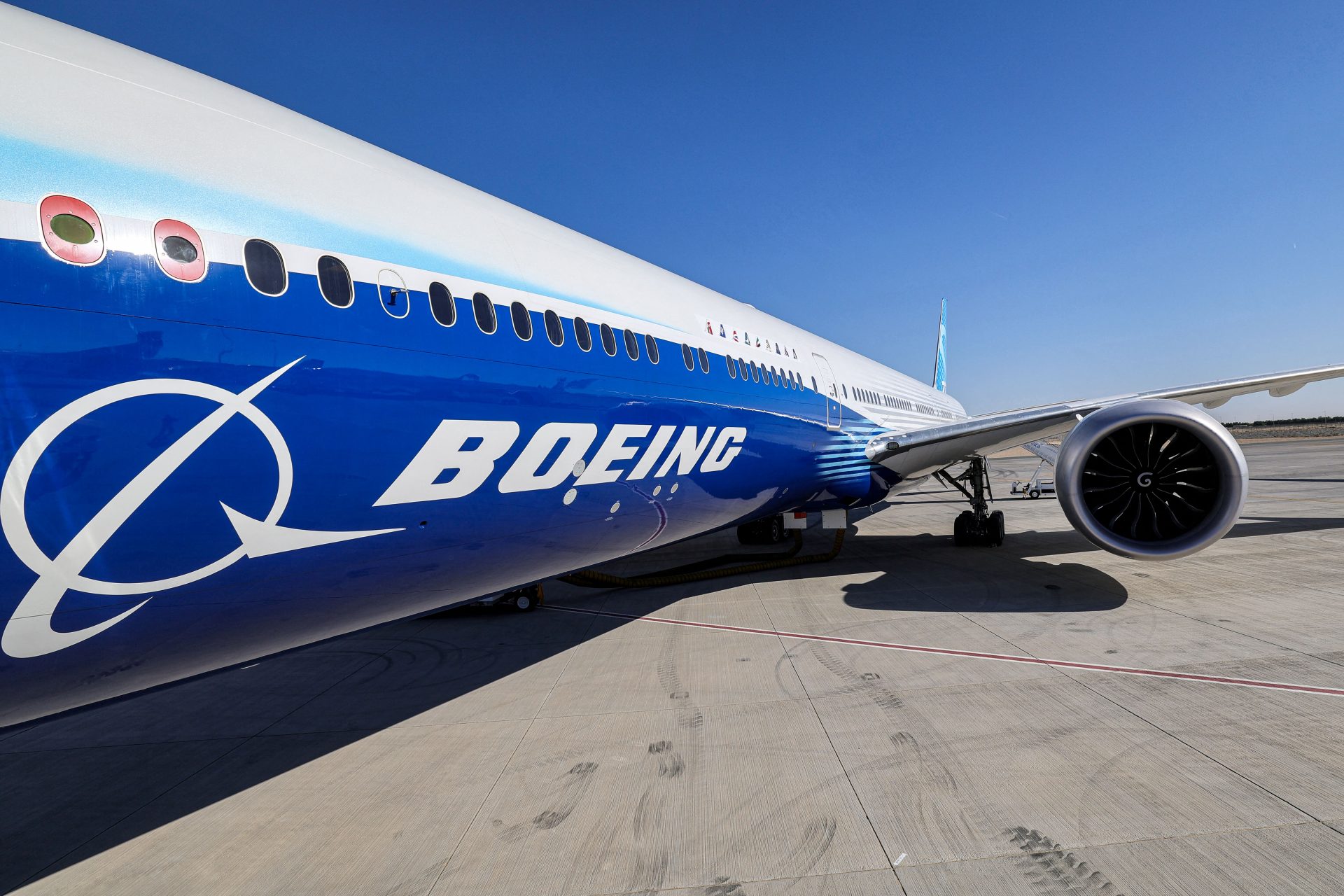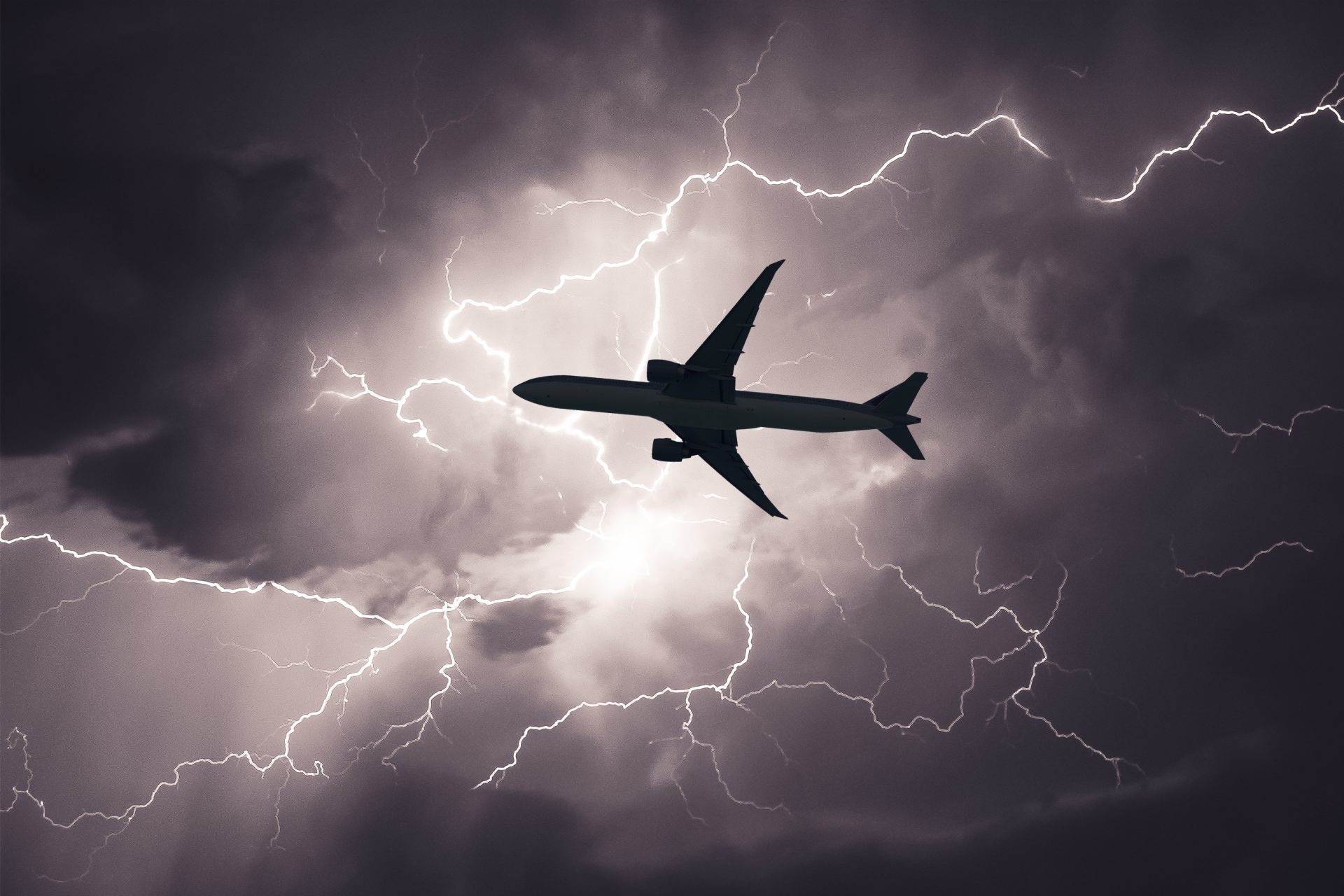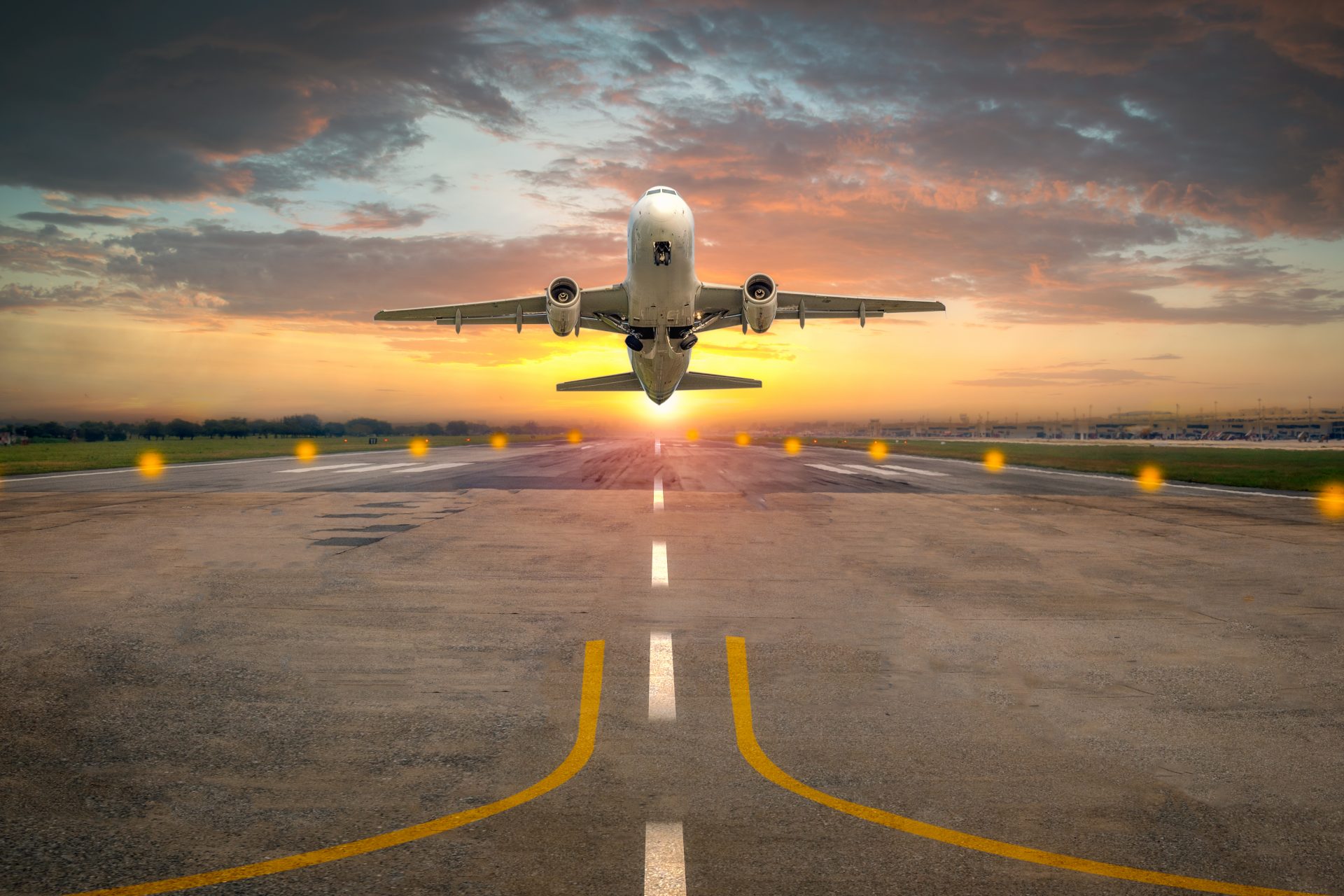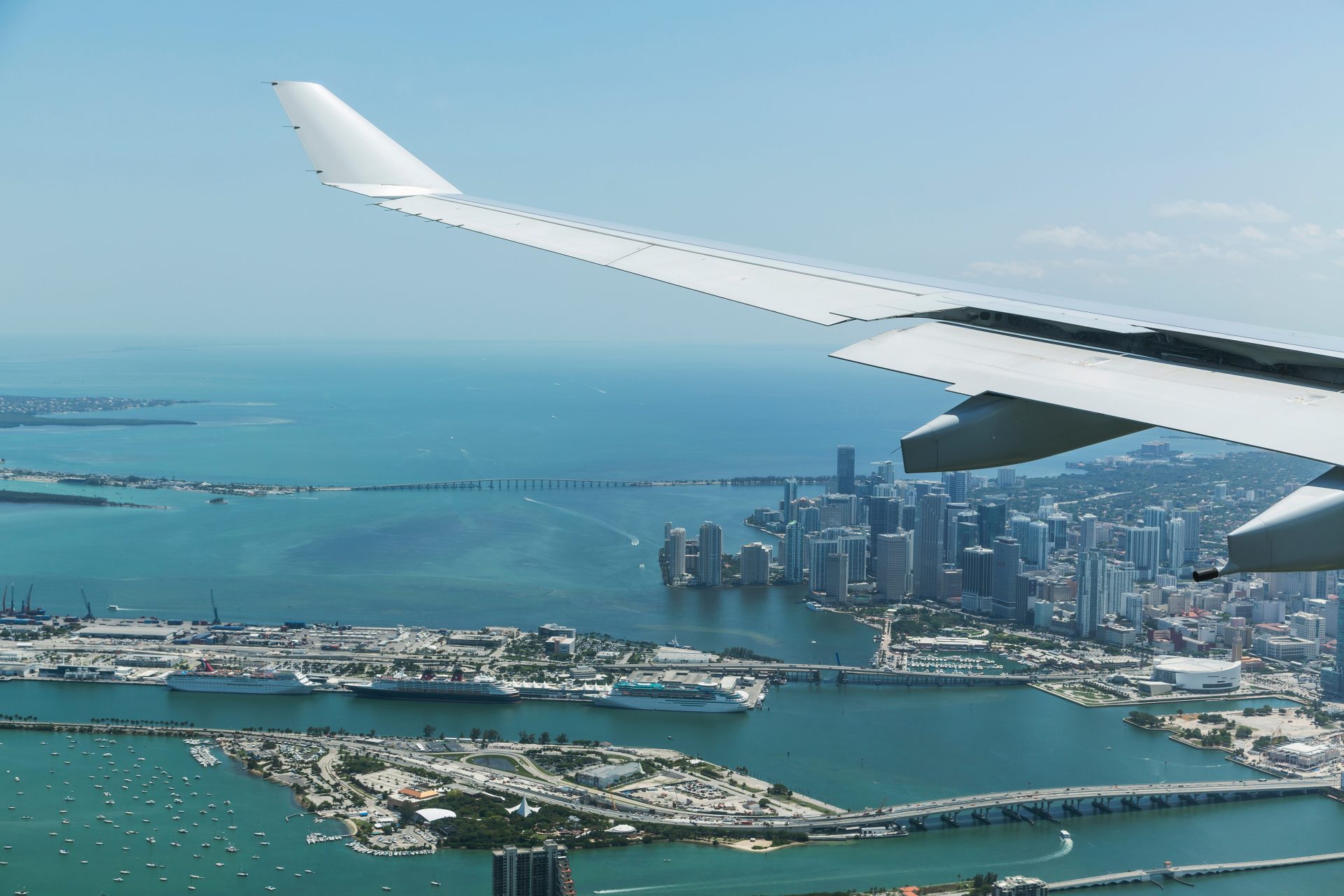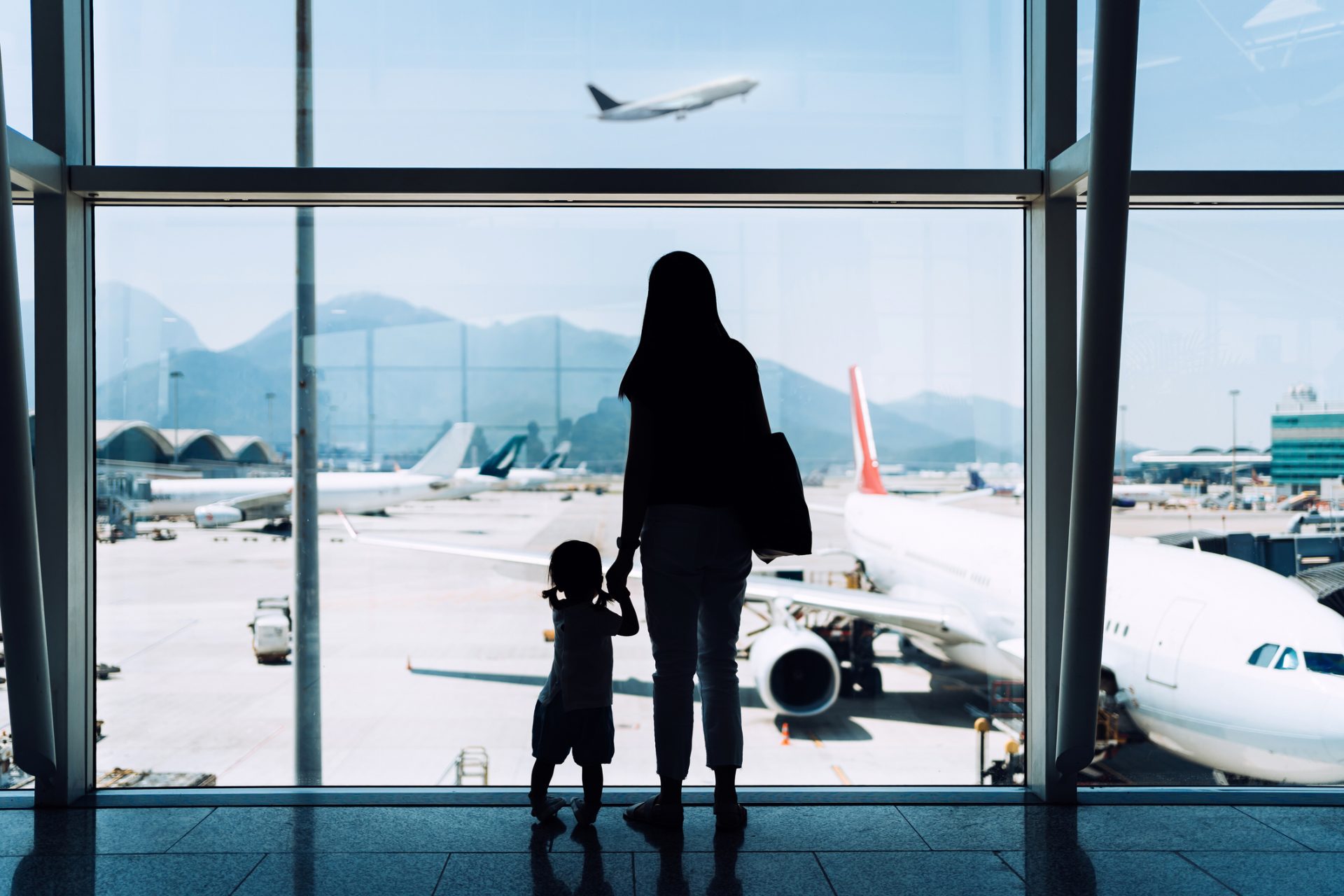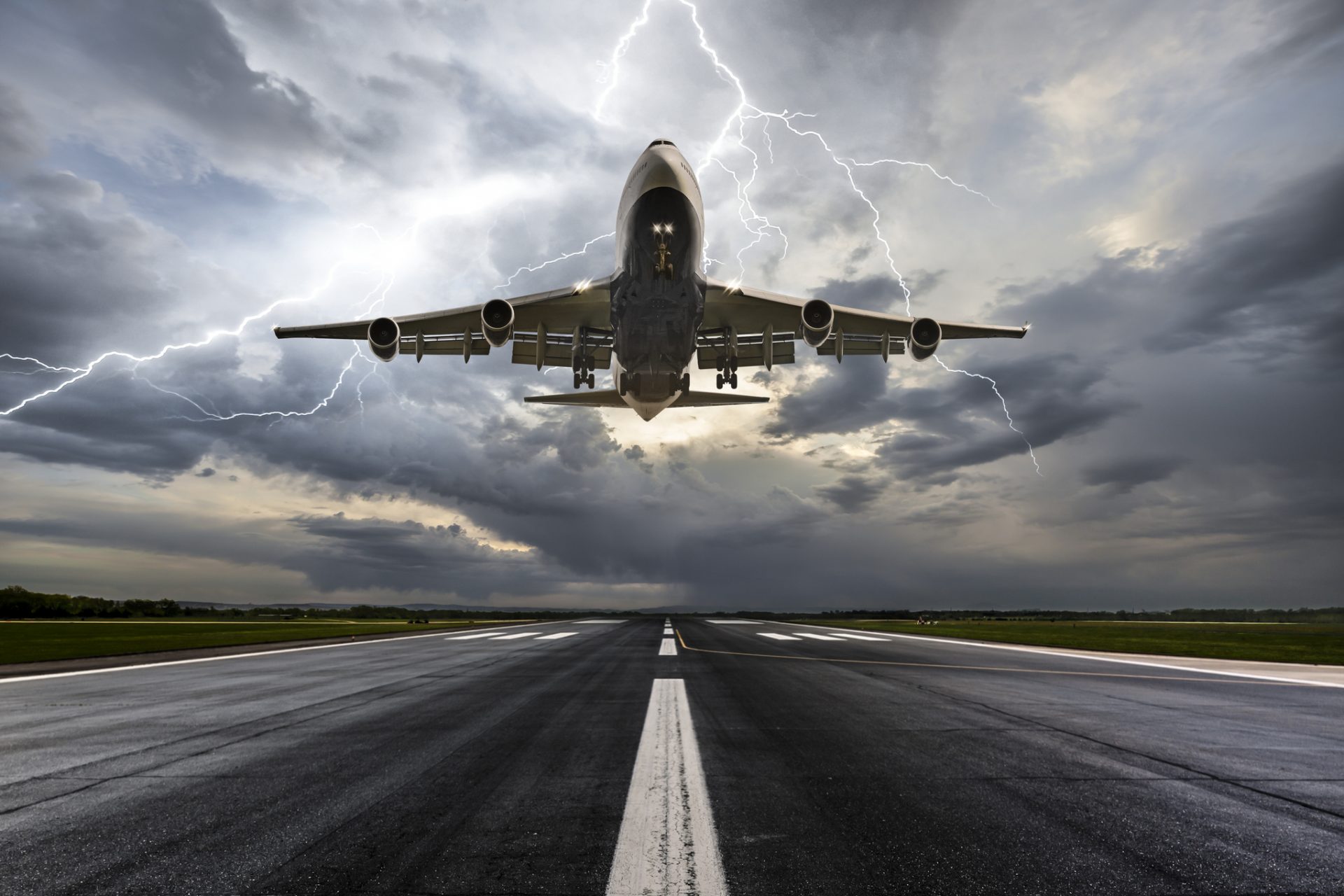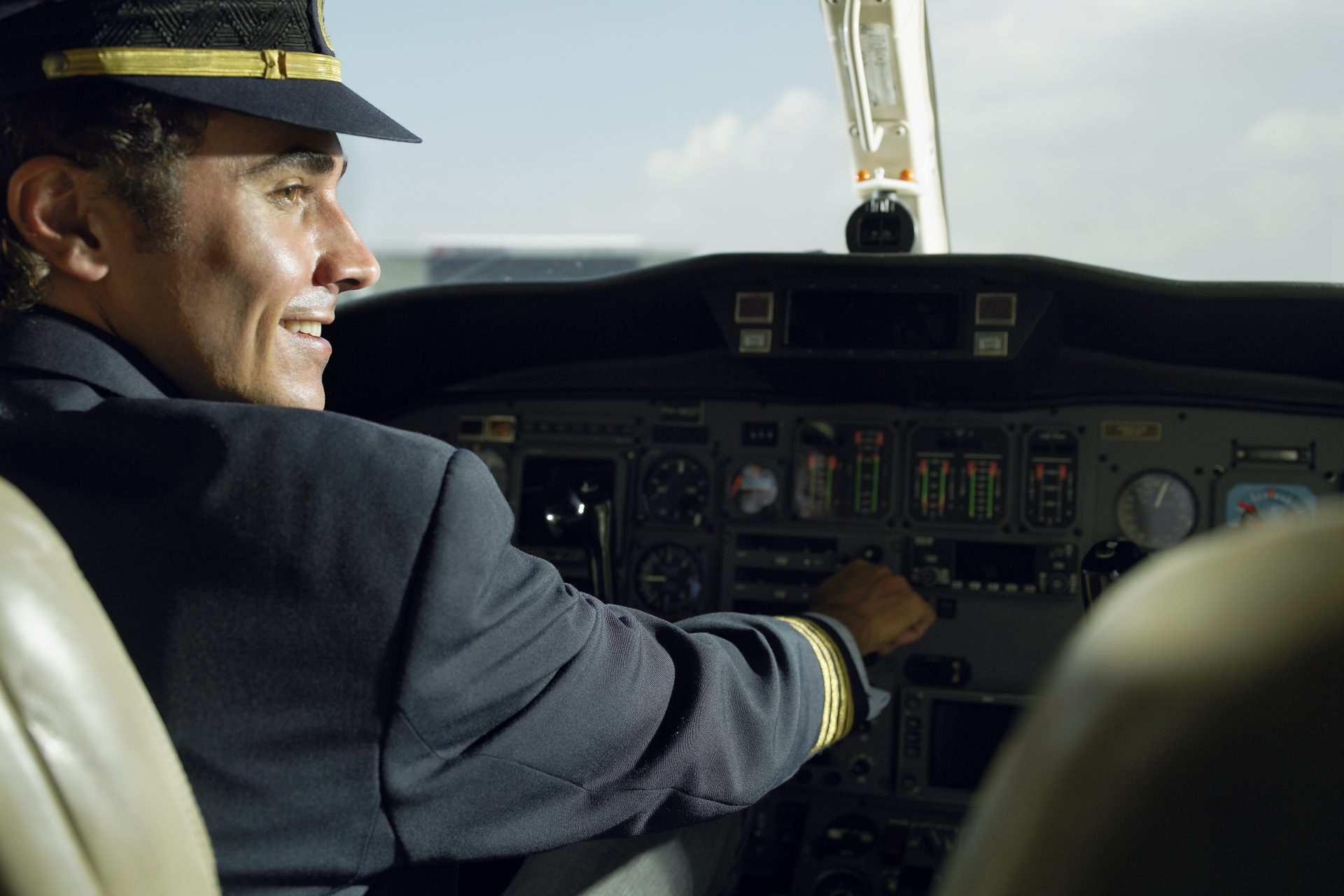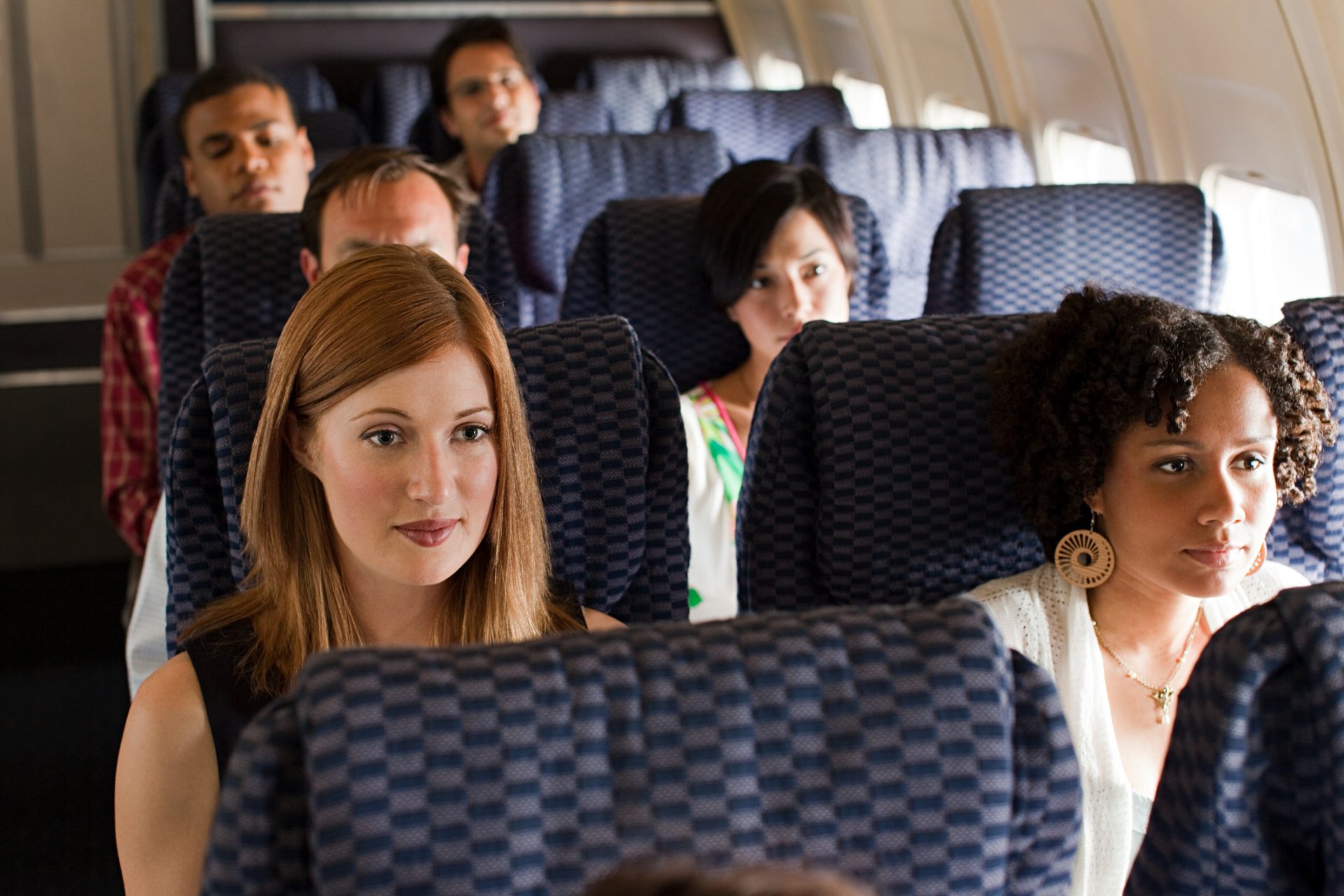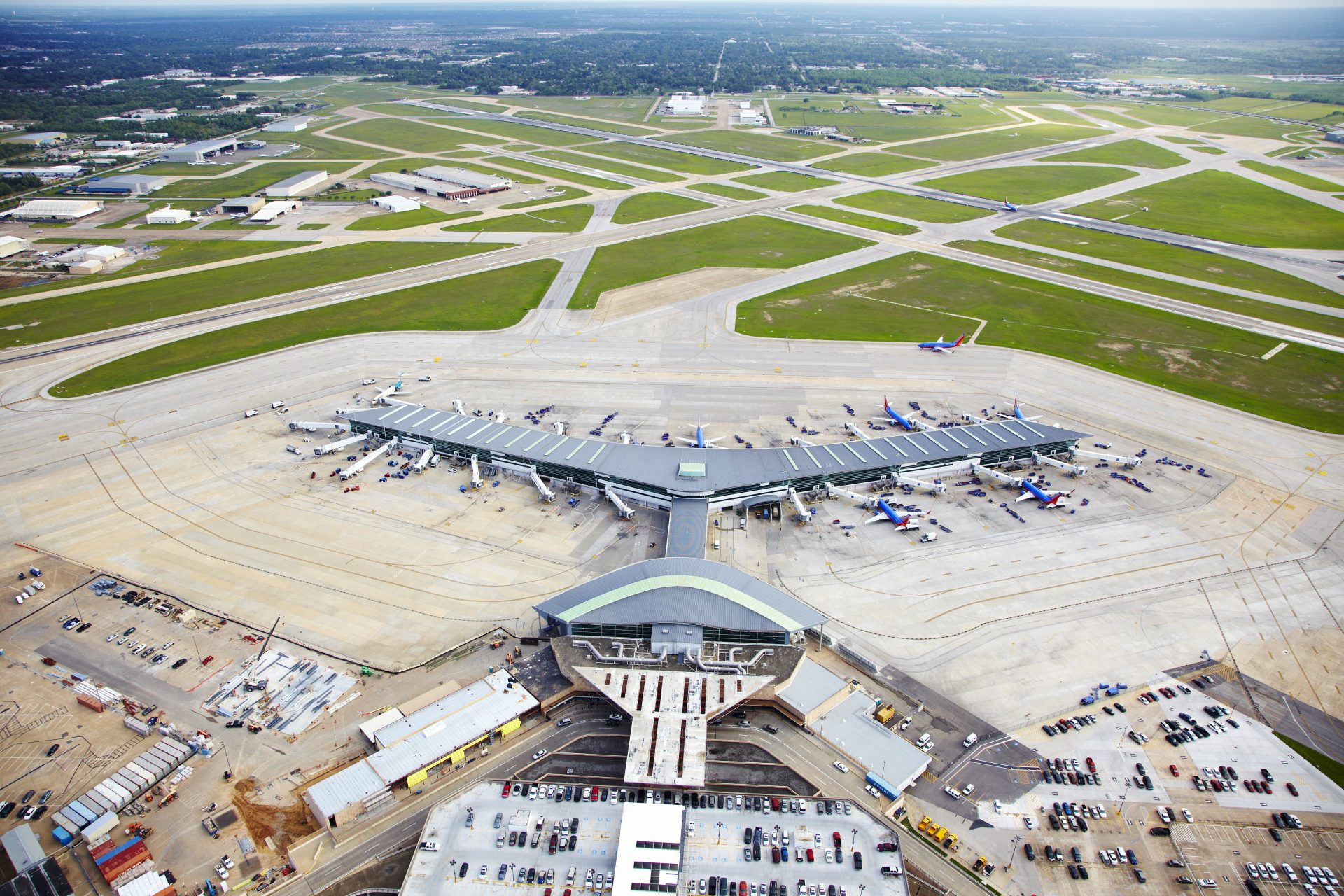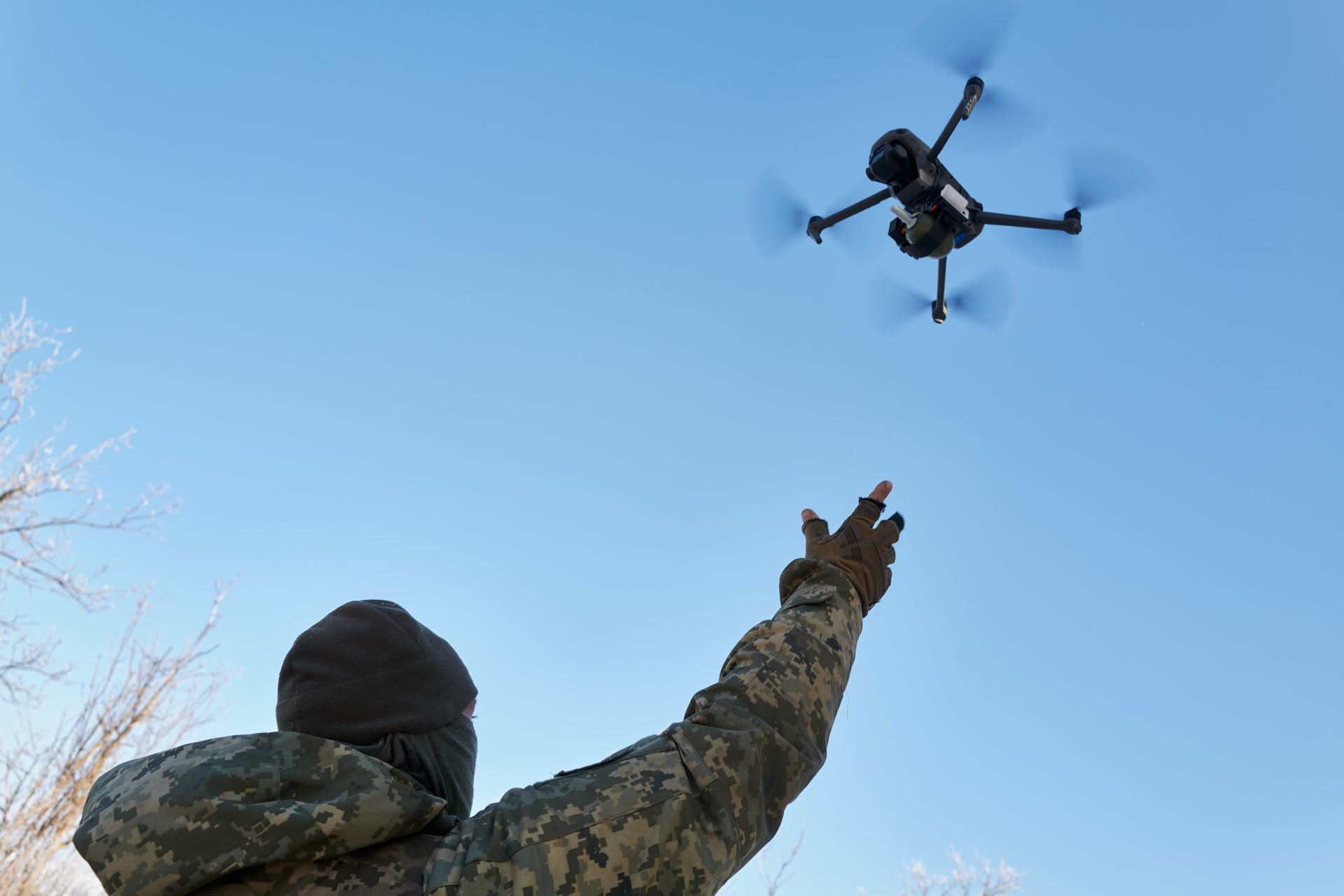Safe travel? These are the main reasons behind fatal plane accidents
The recent plane crash in Brazil, which resulted in the death of 62 people, has raised questions all over the world about aircraft safety.
If air travel is one of the safest in the world, why do fatal accidents occur? Let's take a look.
In the case of the recent Brazilian plane crash, the investigation is still ongoing. According to speculation by experts, the formation of ice on the aircraft's wings may have contributed to this tragedy.
According to data from a report by Boeing, the world's second-largest aircraft manufacturer, the biggest cause of deaths related to air accidents is “loss of control” of the plane.
"In the case of loss of control, for example, it can happen for a multitude of reasons, whether human or not. We have to understand that it is multifactorial and there are multiple possibilities," Maurício Pontes, an expert in aircraft accidents and executive advisor to the Brazilian Association of Civil Aviation Pilots, told the BBC.
Out of 32 fatal accidents that occurred between 2013 and 2022, 9 were caused by loss of control, resulting in 757 deaths.
The second most common cause of accidents is “non-engine system failure or malfunction.” According to Boeing, 158 deaths were caused by this type of flaw.
Third is “runway excursion” during takeoff or landing. This problem caused 134 deaths in 6 accidents.
'Fuel-related lapses' contributed to 71 deaths in one accident.
Frequent causes of accidents also included in the list included: “controlled flight into terrain” and problems related to “icing”.
Landing is the most common moment when there are plane accidents. Ten, out of 32 cited fatal incidents, occurred during the landing.
Another 5 accidents occurred during the final approach, just before landing, while takeoff came in third place.
The Plane Crash Info online database, which compiles statistics on global air accidents, says 49% of cases recorded between 1950 and 2019 were caused by human error. Mechanical failure is the second biggest culprit, at 23%, followed by weather factors, which account for 10% of incidents, the BBC reported.
Even so, the likelihood of an airplane accident occurring is minimal. According to a Boeing report, the number of accidents involving commercial jet aircraft between 2013 and 2022 decreased when compared to the previous decade.
According to the company, there have been 300 accidents in the last decade and, of these, only 11% were fatal.
Although human error is a complex aspect in the analysis of air accidents, precisely because it involves multiple factors, mechanical failures are almost zero.
Maurício Pontes, from the Brazilian Association of Civil Aviation Pilots, told the BBC: “There is no activity more regulated than the aerospace and nuclear industries. The trend is to have more and more safety in relation to the material factor, even due to the technologies that are being developed. But it happens.”
More for you
Top Stories




